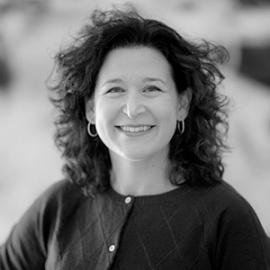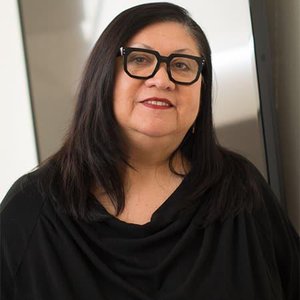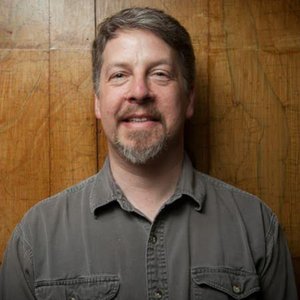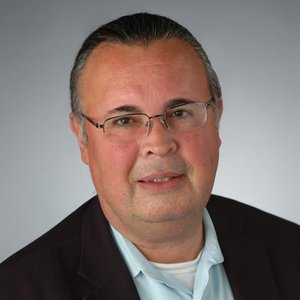LLC19: Networking Iroquoia
About
The Working Group “Networking Iroquoia” has taken on the responsibility of ethically responding to the absence of a cogent history of the Cayuga, with a specific focus on the role that material culture plays in the ongoing resilience of Indigenous nations.
Open to New People
Inactive since: 2022
- Syracuse University
- Cornell University
Collaborative Goals
The Networking Iroquoia Working Group capitalized on the insight from the successful launch of the first Gayogo̱hó:nǫ? / Cayuga Culture and Language class at Cornell in F’19, and two previous gatherings of Hodinöhsö:ni′ (Haudenosaunee/Iroquois) scholars and professionals (including museum directors, curators, artists and Indigenous knowledge holders) at Syracuse University, 2017 and Cornell University, 2018. The Gayogo̱hó:nǫ? ́ ́/ Cayuga Nation is the first module developed of the Six Nations because Cornell University operates within their ancestral homelands. The evolution of the work of Networking Iroquoia has resulted in a sustained focus on the Cayuga return to their homelands after 225 years of forced dispossession.
The Working Group “Networking Iroquoia” has taken on the responsibility of ethically responding to the absence of a cogent history of the Cayuga, with a specific focus on the role that material culture plays in the ongoing resilience of Indigenous nations. Therefore, the focus of the Working Group this year continued to add information to the under-represented archival and academic record about the Cayuga or Gayogo̱hó:nǫ? people, history and culture. Jordan, Martinez and Rickard worked together collaboratively to strategize the role of Cornell University, and specifically, the Johnson Museum in relationship to Hodinöhsö:ni′ material culture, with a focus on the Gayogo̱hó:nǫ?. Per the original proposal, Hodinöhsö:ni′ Holding Ground, the recovery of Cayuga knowledge and relationship to place was addressed through the art of Samuel Thomas, experiential knowledge of Sachem Sam George and the generously shared collections of allied citizen, Dolores Elliott.
Group Organizers




Scott Manning Stevens
Associate Professor of Native American and Indigenous Studies and English, Syracuse University
Group Members
- Sachem Sam George, Cayuga Nation
- Dolores Elliot, Independent Museums and Institutions Professional
- Sam Thomas, Cayuga Nation
Group Outcomes
- Due to the absence of Professor Stevens (SU) from the project because of an academic residency, Profs. Jorden, Martinez and Rickard, proceeded with and conducted one signature event, in-person, with planned release of a webinar to be finalized in the Fall of 2022, Networking Iroquoia: Hodinöhsö:ni′ Holding Ground.
- Both, Jordan and Rickard continue to provide in-depth historic analysis of material culture that inform the ongoing recovery of Cayuga knowledge.
- This past spring and summer, Rickard developed a new class featured in Cornell's Society of Humanities, Rural Humanities effort, Radically Indigenous I and II. The concept of the class benefitted from the on-going discussion and work at the intersection of museological practice, cultural representation and relationship to place. The culmination of these efforts resulted in a video documented tour around Cayuga Lake with Prof. Jordon and Steve Henhawk (Cayuga, Faithkeeper) illuminating both the archeological significance of Cayuga places and cultural remembrances of the land.
- In collaboration with Martinez, Rickard and Art History Professor, Ananda Aponte-Cohen will teach this material in a new seminar, F22', ARTH 4556/6556 Decolonial Aesthetics: Art of the Americas that will take place in the Johnson Museum.
- The Networking Iroquoia: Hodinöhsö:ni′ Holding Ground Working Group has created a ripple effect with Martinez, Aponte-Cohen and Rickard working on a proposal to create a center for “Art of the Americas,” at Cornell University, as a potential collaboration between the Departments of History of Art and Visual Studies, Art, and the Johnson Museum. Rickard is working with Rayna Klugherz, a student in the first cohort of the Milstein Program in Technology and Humanities on the development of a Haudenosaunee art website, the first of its kind with an intended launch in the Fall of 2022.
- Additionally, Jordan's new book, The Gayogo̱hó꞉nǫɁ People in the Cayuga Lake Region. A Brief History, will be kick off Cornell's Society of the Humanities themed "Repair" community read event. Sachem Sam George and Rickard will be a part of the discussion following Jordan's lecture, 9/23/22, at the Society. Discussions are currently underway to partner with Jessica Martin, (Cayuga) and lecturer for the Cayuga language class to host Cayuga citizens from the Six Nations community in their homelands in the fall of 2022.
- We are looking forward to incorporating commentary from Professor Stevens in the webinar from Networking Iroquoia: Hodinöhsö:ni′ Holding Ground (6/17) currently being edited by Cornell’s media specialists. We anticipate that the release of this webinar will continue to contribute to the recovery of the Cayuga community and Hodinöhsö:ni′ material and visual culture as vital. And, will also be a unique teaching resource for specialist in Indigenous art and material culture.